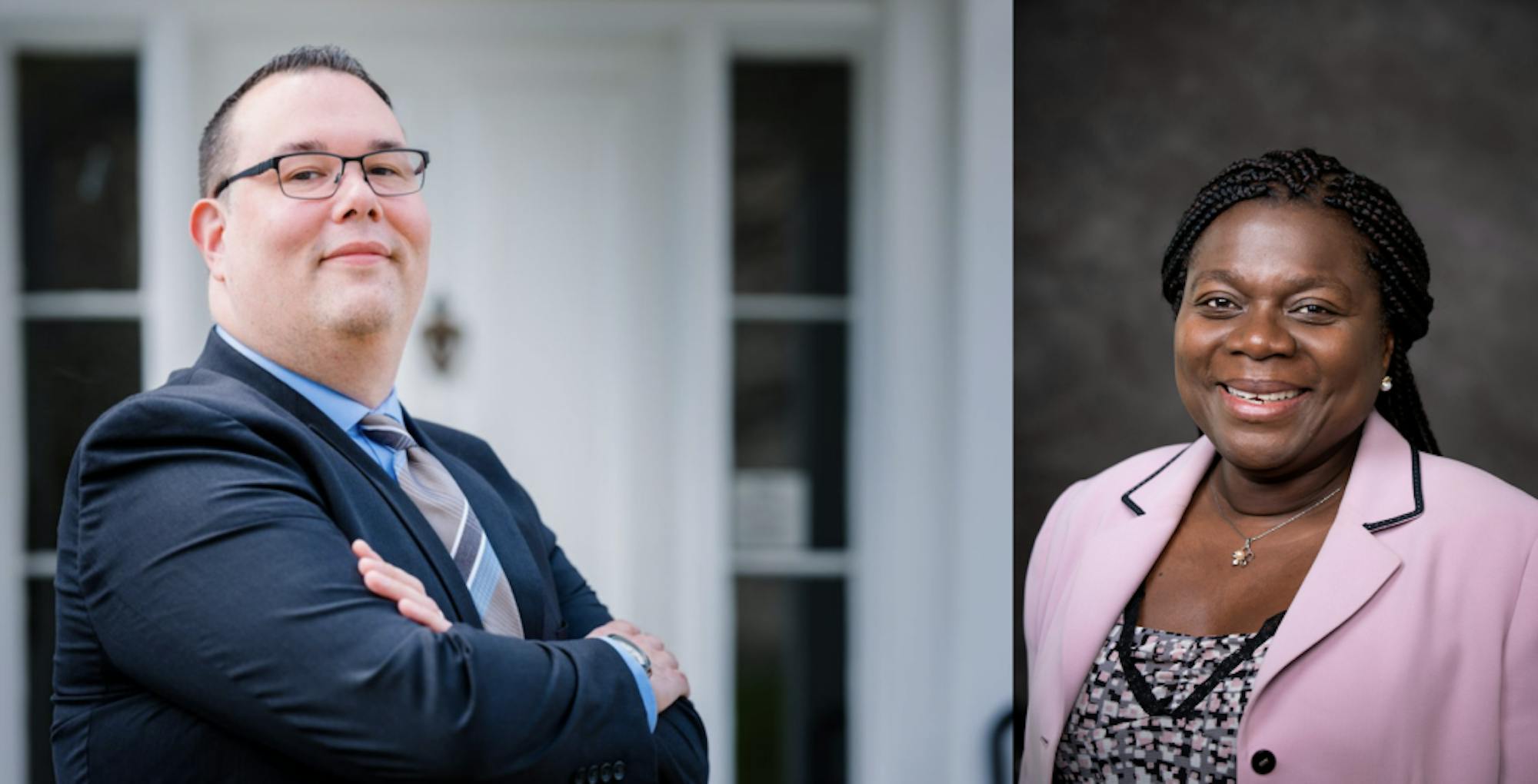Amid Tufts’ newly launched anti-racist initiatives, the Bridging Differences Grant program announced a new round of funding for projects with stronger and more explicit focuses on anti-racist efforts in an email sent in January.
The Bridging Differences Grant program is now in its third year, having been formed with the initial intent to fund projects that allow for discussion and communication about topics on which there may be diverging perspectives, according to Bridging Differences co-chairs Rob Mack and Joyce Sackey.
Mack, associate provost and chief diversity officer for the Medford/Somerville and School of the Museum of Fine Arts campuses, and Sackey, who holds the same position on the Boston and Grafton campuses, noted that the Bridging Differences Grant program’s mission did not initially have a specific emphasis on funding anti-racist projects. They saw the need to review this aspect of the program when Tufts announced its commitment to becoming an anti-racist institution in June.
“The [Bridging Differences] task force revisited our mission and vision statements and revised them to reflect this new priority for the University,” Mack and Sackey wrote in an email to the Daily. “As such, this year for the first time since [Bridging Differences] was established, we have explicitly included projects and ideas that address the specific focus of addressing systemic racism in our call for proposals for the seed grants programs.”
Last year, the task force was able to provide funding for nine projects out of the 24 applications the program received, according to Mack and Sackey.
One of those projects was co-led by Stéphanie Khoury, a lecturer in ethnomusicology in the department of music. Khoury partnered with Victoria Johnson (F’22), the other project lead, to organize the "Refugee Integration Conference and Arts Festival," which was held online in October 2020. The event provided a platform to present research and ideas from the “Refugees in Towns” research project, which was created by Karen Jacobsen, the Henry J. Leir professor of global migration, in 2017 and is hosted at the Feinstein International Center at the Friedman School of Nutrition Science and Policy, according to Khoury.
Khoury said that the seed funding provided by the Bridging Differences task force was integral to ensuring the project's success.
“The grant from the [Bridging Differences] program allowed us to bring to the forefront artists and researchers who helped the audience to understand the process of refugee integration and generated awareness in a way that cultivates the inclusion of diverse identities, values, beliefs and cultures,” Khoury wrote in an email to the Daily.
Khoury also noted how the conference and festival promoted anti-racist initiatives at Tufts.
“This event allowed us to highlight the way diverse modes of expression (painting, theater, music, dance, photography) can be relied on to model inclusivity and integration,” she said. “The contribution of the seed grant from the [Bridging Differences] program significantly helped an event that strongly supports anti-racist initiatives and promotes a more inclusive approach to refugee populations and individuals.”
Khoury said that based on the positive outcomes of the event, she is looking forward to making the conference and arts festival a regular occurrence.
Seed grant recipients include the Center for Awareness, Resources and Education Outreach and Education Initiatives; Color of Us; and the Generational Leadership Advancements for Minorities Series, among others.
Although Mack and Sackey noted that it is too early to determine what kind of impact the revisited mission of the Bridging Differences Grant program will ultimately have on achieving the university’s goal of becoming an anti-racist institution, they are hopeful that the explicit focus on such initiatives will expand funding for more projects.
“We hope that the new focus on antiracism, along with the original goal of the [Bridging Differences] initiative will expand the application pool for seed funding this year,” Mack and Sackey said.






